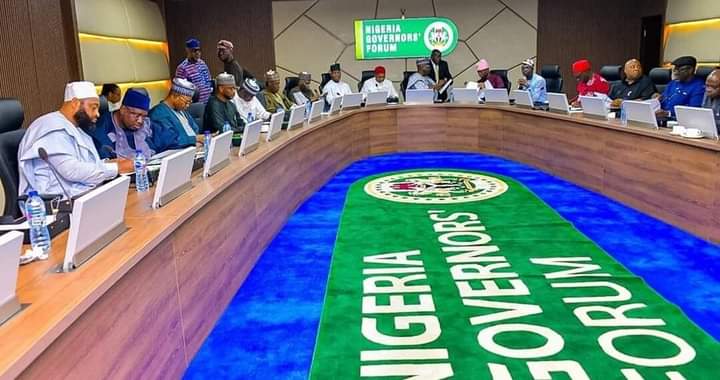One month after President Bola Ahmed Tinubu signed the ₦70,000 National Minimum Wage Act, the majority of states across Nigeria have yet to take significant steps toward implementing the new wage. Except for Adamawa State, which began paying the increased wage this month, most other states have only set up committees to study the implementation process, with no immediate plans for action.
The delay is further complicated by the federal government’s failure to develop a consequential adjustment template, which is necessary for states to calculate and implement the new wage structure effectively. Organized labor groups have decided to wait for the release of this template before engaging in further negotiations with state governments. Labor leaders have warned that without this template, any negotiation would be futile.
The new wage law, signed by President Tinubu on July 29, 2024, followed lengthy negotiations with labor unions. Before the law’s passage, Edo State had already increased its minimum wage to ₦70,000, making Edo and Adamawa the only two states currently adhering to the new wage standard.
In Akwa Ibom, the state chapter of the Nigeria Labour Congress (NLC) has yet to begin discussions on the wage adjustment. The state’s NLC Chairman, Sunny James, emphasized that talks can only commence once the National Salaries, Incomes, and Wages Commission (NSIWC) and the Joint Public Service Negotiating Council (JPSNC) have agreed on a consequential adjustment.
Similar delays are evident in other states. In Zamfara, the government plans to establish a committee to devise payment modalities, while in Kano, the NLC is awaiting the release of the federal adjustment template before proceeding with negotiations. Sokoto State has yet to make any official moves toward implementing the new wage.
In Plateau, government officials are assessing the state’s financial capacity to implement the wage increase. The Cross River State government has also not yet complied with the new wage law, citing the absence of a payment template. Meanwhile, in Ondo, Governor Lucky Aiyedatiwa has pledged to implement the ₦70,000 minimum wage, but no start date has been announced.
In Ebonyi, state officials are preparing for implementation once the necessary adjustments are finalized. Similarly, in Enugu, Governor Peter Mbah has inaugurated a committee to oversee the implementation of the new wage, with a one-month deadline to submit its report.
At the federal level, civil servants are growing increasingly frustrated with the delayed implementation of the new wage. Despite the wage being signed into law, it has not yet been reflected in salaries, leading to concerns amid rising living costs. A senior director at the Office of the Head of Civil Service of the Federation, speaking anonymously, indicated uncertainty about when the new wage would be implemented. However, union leaders are hopeful that the payment, along with arrears, will begin by September.
Union leader Tersoo Zamber expressed disappointment that the new wage had not been included in the August salary and urged the federal government to expedite the implementation to alleviate the growing economic hardship faced by workers. He also emphasized the need for the government to honor its commitment to a living wage, cautioning against taking workers’ patience for granted.
This article is sourced from The Leadership Weekend newspaper, with minor edits and adaptations by The Spectacles for clarity and readability.
